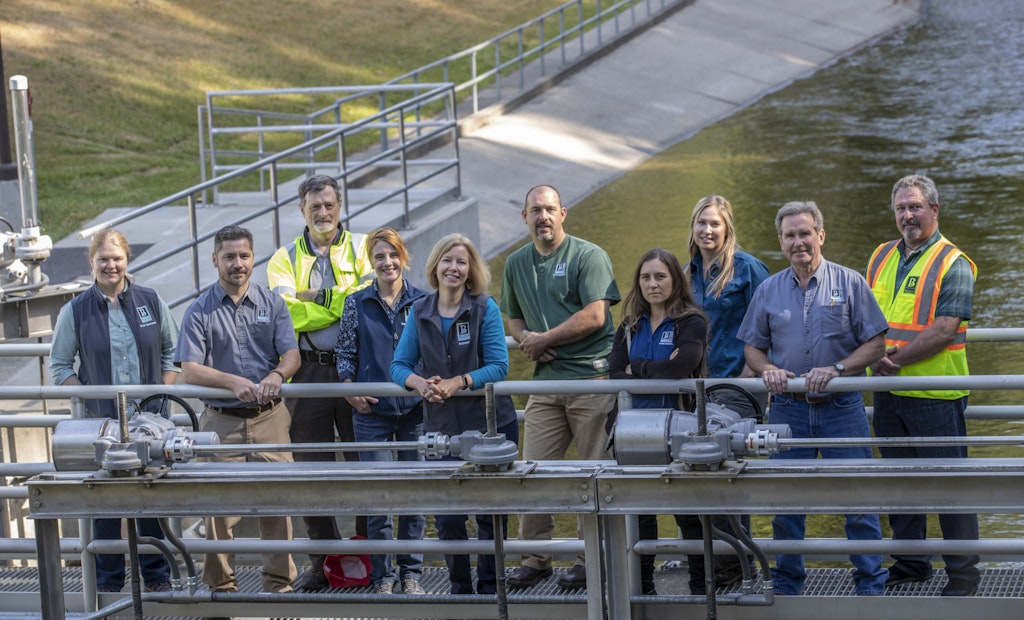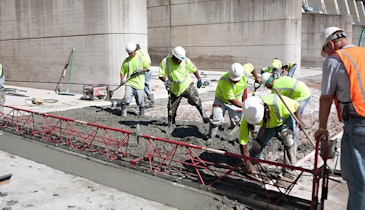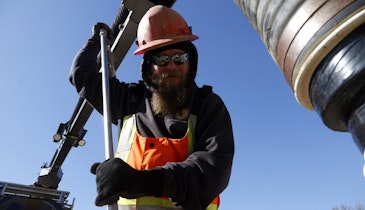Interested in Education/Training?
Get Education/Training articles, news and videos right in your inbox! Sign up now.
Education/Training + Get AlertsPublic utilities sometimes find themselves at odds with consumers — raising rates for utility service, pushing for compliance with environmental mandates, or invoking science in the face of citizen complaints.
America’s northwest region is stereotyped as an area more welcoming to environmental initiatives than some of other regions. But Kathleen Cahall says Bremerton water authorities still have to work for their community's support.
“I think we have worked very hard to bring awareness to our customers about environmental issues,” the water resources manager says. The city’s hard work includes maintenance of what Cahall calls a “very good” website that is packed with historical perspective and timely information.
The department sponsors public events, increasingly works with school districts to raise environmental consciousness, and worked up an exhibit in 2017 to help celebrate the water system’s 100th year.
The city population has a median age of 33, which would seem to translate into millennial support for the city’s water resource management. Yet young, active people are among local residents who are put off by the city’s prohibition of any kind of activity in the watershed area surrounding the city’s Union River reservoir.
As the city’s website notes, “Early city managers had the foresight to protect these lands over 75 years ago and we continue to protect them today through signs, locked gates, patrols by the Bremerton Police Department and Utility staff, surveillance cameras and other methods.” But some young bikers and hikers have protested the lockout and surveillance.
Elsewhere on the website, the city talks politics and the “intensity” that occasionally is evident. “As with most cities in the region, Bremerton precincts have historically been more favorable for Democratic candidates in state and federal elections, contrasting with more conservative-leaning voters in rural areas of the county.”
Cahall says the demographics and political make-up of the area haven’t necessarily smoothed the way for her water protection work. “We have an active environmental group that participates with city council, similar to other cities. I would not say public awareness about our environment has made things easier,” she says. “I would say it is more challenging and more satisfying.”






